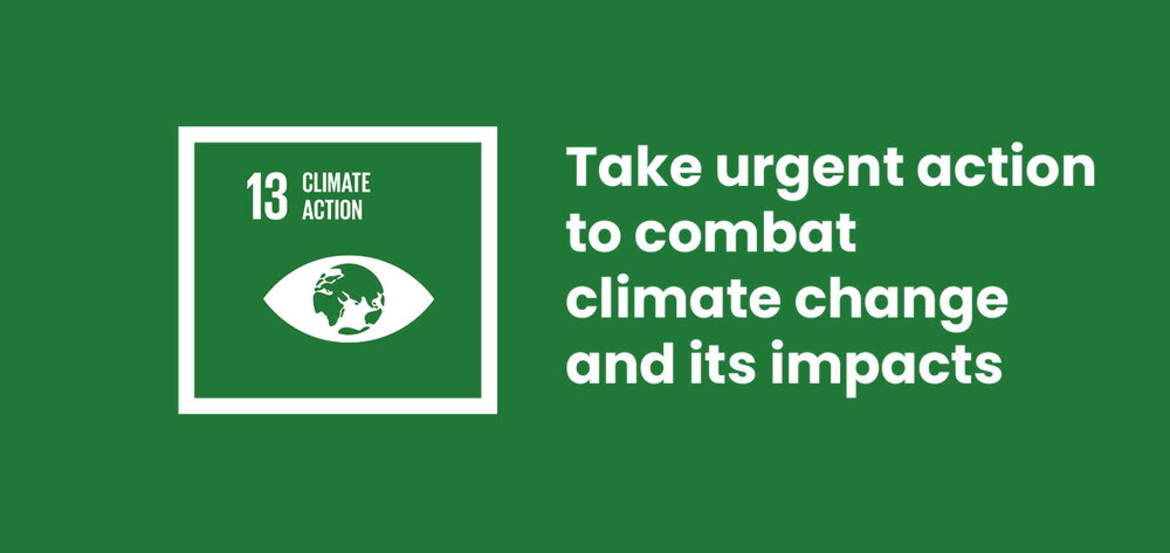Climate change: global context

Universities have a unique and important role in researching, innovating, sharing knowledge and leading on the transformation that we must see to reach the aims of the SDGs by their target of 2030 and to address the urgent climate challenges that we all face.
In 2019, the University of Warwick formally declared a State of Climate Emergency , committing to Scope 2 carbon neutrality by 2030, and Scope 3 net carbon neutrality by 2050, in line with best practice advocated by the Intergovernmental Panel on Climate Change.
On these pages you can find out more about international climate change frameworks, COP26 and environmental sustainability at Warwick.
